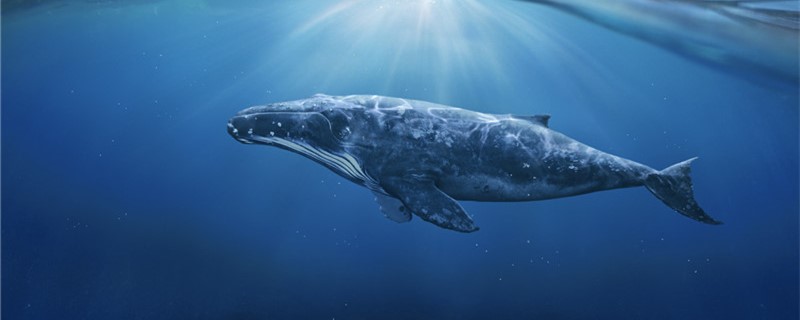
Whales are creatures living in the water, but they may also be stranded, and you may see similar news in the news. They are stranded mainly for the following reasons:
1. Entering an unfavorable topographical area: In the process of whale predation, if they follow their prey to relatively gentle waters, the ebb tide at this time may cause them to be stranded. For example, when they follow prey to areas with steep slopes, their echoes may be inaccurate, causing them to lose their direction and become stranded.
2. Human interference: Sometimes some human activities can also interfere with the whales' judgment, causing them to strand. For example, sonar is an important factor. Whales are very sensitive to the sound of sonar, in which case they will quickly escape, sometimes too hasty to recognize the direction, resulting in stranding phenomenon.
3. Environmental pollution: If the water environment where the whales live is polluted, they will be forced to leave their habitat and go to a distant place. In the process, they may become stranded. In addition, marine pollution may affect their hearing or other functions, and may also cause them to strand.
4, washed up on the beach: In addition, after the natural death of whales, they may also be washed up on the beach due to the action of the waves, resulting in stranding.
Whales need to live in the water. If they are stranded, their health will be harmed to varying degrees, and even die in serious cases. This is because in the case of water, the whale's body will be exposed to the air, resulting in a sudden drop in temperature, which is the most important cause of their death. There are other reasons, such as the loss of buoyancy of their bodies when they are out of the water, which leads to damage to their internal organs. On average, a whale can only survive for 20 to 30 hours after falling out of the water.